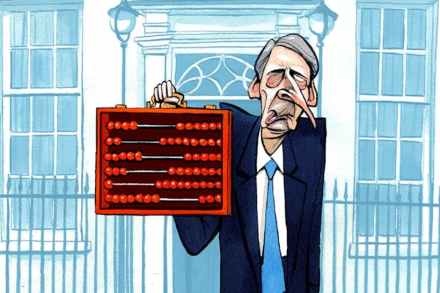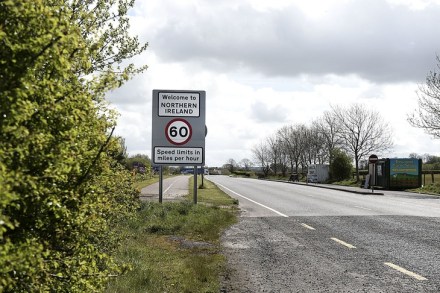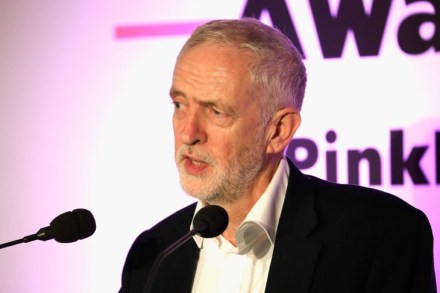Live: Budget 2018 – Philip Hammond announces the end of austerity
Philip Hammond has delivered his final Budget before Brexit. The Chancellor said that the era of austerity is coming to an end as he pledged extra cash for no deal preparations and slapped a digital services tax on tech giants such as Facebook and Google. He also revealed that the OBR has upped its growth forecast to 1.6 per cent for 2019/20. Here are the key announcements: Government abolishes the use of Private Finance Initiatives Extra £420m to repair potholes An extra £20.5bn for the NHS over the next five years A further £500m for the Housing Infrastructure Fund Fuel, beer, cider, spirits duties all frozen E-passport gates at UK



















